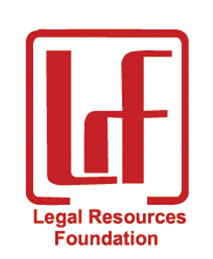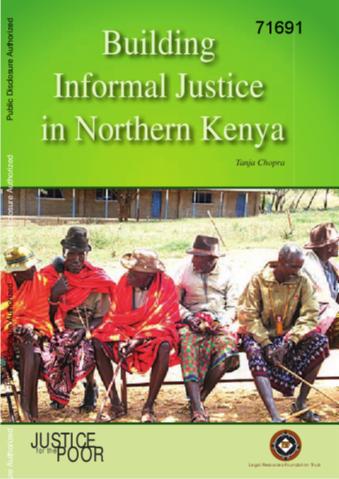PROMOTING HUMAN RIGHTS AND ACCESS TO JUSTICE
Our Vision
"A just and equitable society”.
This is a society that respects and upholds human rights, ensures justice and equity for all especially the poor, vulnerable and excluded members of society either as individuals or groups.
Our Mission
Inspired by the vision, the mission of LRF is to be a;
"Resource for justice for the poor, vulnerable and marginalized through participatory interventions and mutual partnerships”
Our Core values
Our day to day operations are inspired by the belief on basic human rights principles and guided by the following Core values embedded in the organizational culture.
Equity
- Exercising fairness in all relationships and processes
- Providing equal opportunities irrespective of differences in color, race, gender, age, political opinion, social, economic, health status, mental or health abilities, etc.
- Exercising affirmative action in favor of both wo/men
- Integrity
- Zero tolerance to corruption and sexual harassment
- Honesty in the use and management of both human and material resources
- Quality delivery on mutually agreed promises and obligations
- Full disclosure and surrender of gifts received during the course of work to LRF
- Solidarity with the Poor and Excluded
- Respecting, valuing and protecting the dignity and integrity of the poor, vulnerable and marginalized
- Understanding poverty as a violation of basic human rights
- Teamwork
- Providing leadership and ownership of LRF’s corporate identity
- Taking responsibility for agreed actions within the agreed time
- Celebrating and recognizing individual and collective victories
- Consistency in communicating and implementing the organizations values, principles, policies and procedures
- Providing, building and maintaining open, honest, direct and feedback channels of both formal and informal communication and interaction
- Building on and being tolerant to diverse views and opinions
Members:
Resources
Displaying 1 - 1 of 1Building Informal Justice in Northern Kenya
This report analyzes the conflict resolution mechanisms among pastoralist societies in northern Kenya who have a long history of conflict but were by and large not involved in recent hostilities. It is based on qualitative research data that was collected during field visits between July and November 2007 in three arid lands districts in Northern Kenya - Isiolo, Baringo/East Pokot and Garissa. Research areas were selected to gain insight into conflict and legal dynamics among a variety of ethnic groups and in differing ecological and political environments.


